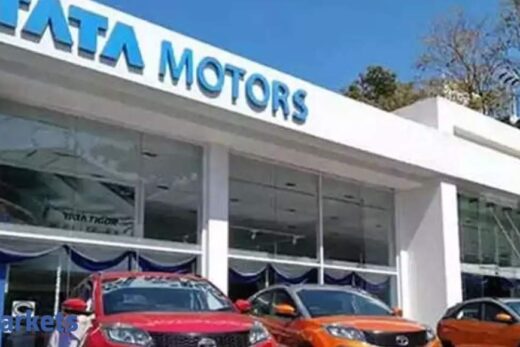Analysts gave mixed reactions to the earnings, with some saying the stock is primed for another leg of the rally, while others said investors should start trimming their holdings in the stock.
Pinakin Parekh and Anukul Agrawal, analysts at JPMorgan, said the company’s numbers beat their estimates by a wide margin with net debt reduction. They maintained an ‘overweight’ stance and increased EPS estimates and price targets.
“Given the lagged impact of steel price hikes, and the likely higher reset of interim auto contract, we expect Q4 to be even stronger versus Q3. We increase our FY21 estimates by 63 per cent and this drives our price target higher to Rs 960 from Rs 880 earlier,” the duo said.
On Wednesday, the stock traded 1.6 per cent lower at Rs 688.20.
Tata Steel on Tuesday posted Rs 3,989 crore consolidated profit for the December quarter against a net loss of Rs 1,166 crore a year ago. Consolidated revenues rose 11.5 per cent year-on-year to Rs 39,594 crore. Consolidated debt fell by Rs 10,300 crore QoQ to Rs 88,400 crore, while standalone operating profit jumped 78 per cent year-on-year to Rs 6,737 crore.
CLSA concurred with the JPMorgan analysts and maintained a ‘buy’ rating with price target of Rs 840. The brokerage said operationally the numbers were in line and deleveraging was a positive surprise. However, it is awaiting clarity on several issues. The analyst call is scheduled for later on Wednesday.
Other analysts sounded doubtful, as they thought the earnings cycle may be peaking.
“Mark-to-market standalone Ebitda approaches an all-time high print of Rs 28,000/te – which is a red flag. Given such a predicament and the recent rally in the stock, we downgrade Tata Steel to ‘reduce’ from ‘hold’ with a revised target price of Rs 617,” said Abhijit Mitra of ICICI Securities.
He suggested that the European business, which Tata Steel has failed to offload, would continue to be a stress on the balance sheet. Europe’s Ebitda was negative, as the company kept a higher provision for carbon emissions.
However, this provision may come in handy as it will act as a war chest and reduce the volatility of carbon credit prices from further impacting European Ebitda in the medium term. The company is also due to receive payment on partly paid shares, which will help reduce debt by Rs 3,000 crore.



